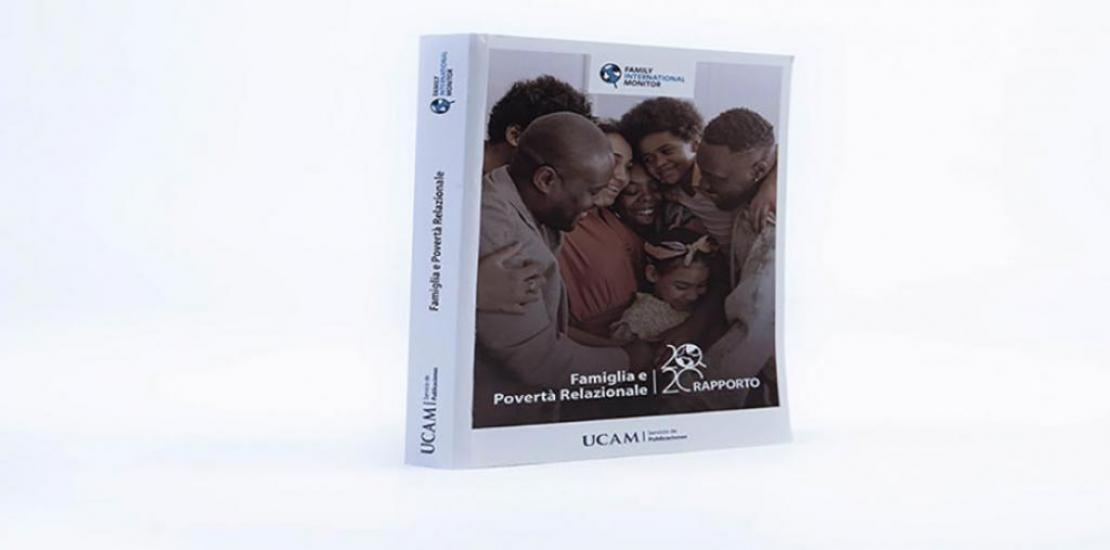Public policies to stem the increasing vulnerability of families are urgently needed
The Report of the Family International Monitor ‘Family and Relational Poverty’, carried out in 12 countries from 4 continents, highlights the condition of socio-economic inequality suffered by many families and warns against the negative demographic trend in Europe
The Report 'Family and Relational Poverty', of the Family International Monitor, concludes that a well-structured and stable family is a guarantee against social exclusion, therefore it is necessary to implement public policies to minimise the threats of the most vulnerable families, such as single-parent families, families with adolescent mothers and large families; at the same time, it warns against the negative demographic trend in Europe. The study, developed in 12 countries from 4 continents, is the first one of this body, which is formed by the John Paul II Theological Institute of Rome, UCAM and the International Centre for Family Studies of Milan.
The Family International Monitor urges the governments to adopt public policies to alleviate the situation of the structurally most fragile families that, according to its findings, correspond to single-parent families, families with one or two adolescent parents and large families; and it insists on the need to strengthen the broad relational networks such as neighbourhood, friendship, associationism and solidarity. The study, developed throughout three years, has used 90 indicators in eight thematic areas, using as primary sources the World Bank and the United Nations, as well as the official sources of each country. The report highlights the interweaving of family and poverty as a global priority, as stated in the 17 Sustainable Development Goals - 2030 Agenda of the United Nations.
The strength of the couple
The soundness of family relations is clearly related to the institutional dimension of marriage and family; families with high levels of legal recognition are more stable and enjoy higher levels of well-being. The direct relation between the strength of the couple's relationship and the general well-being of the family has also been detected, being the main resource of family quality, especially in conditions of serious socio-economic vulnerability.
The study shows the need for public policies to be more effective in the fight against strong conditions of socio-economic inequality, which have been increasing throughout the last twenty years in all the national contexts analysed. Likewise, the report highlights that sometimes these measures adopted by the governments create involuntary mechanisms of unequal distribution the resources; this is the case, for example, of the intergenerational policies that penalise the younger generations in favour of adults and of elderly people. Other situations that cause family fragility are the exposure to abandonment of new-borns in many countries, and domestic violence, a hidden but extended phenomenon.
Negative demographic trend in Europe
Family size is another potential vulnerability factor. In Europe (Spain and Italy are the countries analysed) it has been observed a negative demographic trend, especially linked to the ageing of the population and to the birth rate drop, with a fertility rate of 1.3. On the other hand, in other continents such as Africa, the fertility rate stands between 4.9 and 2.4, and in Asia, it corresponds to 1.9, thus comfortably exceeding the one of the European countries. At a global level, single parenthood appears to be an element that triggers vulnerability, especially when linked to single mothers, and double-income families are generally more protected from poverty.




